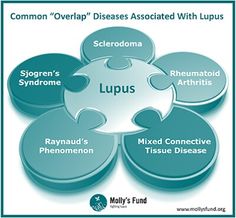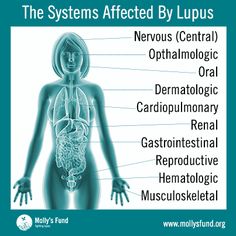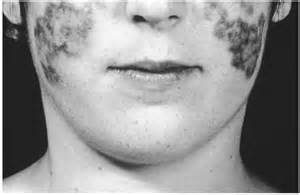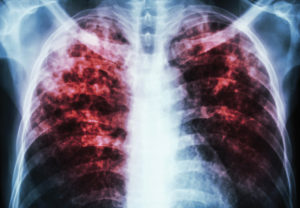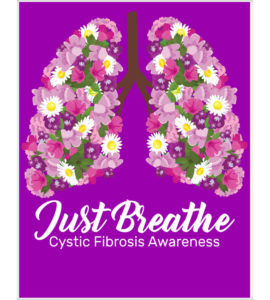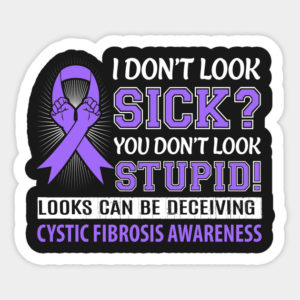Diagnosing Lupus:
Diagnosing lupus is difficult because signs and symptoms vary considerably from person to person. Signs and symptoms of lupus may vary over time and overlap with those of many other disorders. No one test can diagnose lupus. The combination of blood and urine tests, signs and symptoms, and physical examination findings leads to the diagnosis. Tests the MD will order:
Laboratory tests
Blood and urine tests may include:
- Complete blood count. This test measures the number of red blood cells, white blood cells and platelets as well as the amount of hemoglobin, a protein in red blood cells. Results may indicate you have anemia, which commonly occurs in lupus. A low white blood cell or platelet count may occur in lupus as well.
- Erythrocyte sedimentation rate. This blood test determines the rate at which red blood cells settle to the bottom of a tube in an hour. A faster than normal rate may indicate a systemic disease, such as lupus. The sedimentation rate isn’t specific for any one disease. It may be elevated if you have lupus, another inflammatory condition, cancer or an infection.
- Kidney and liver assessment. Blood tests can assess how well your kidneys and liver are functioning. Lupus can affect these organs.
- Urinalysis. An examination of a sample of your urine may show an increased protein level or red blood cells in the urine, which may occur if lupus has affected your kidneys.
- Antinuclear antibody (ANA) test. A positive test for the presence of these antibodies — produced by your immune system — indicates a stimulated immune system. While most people with lupus have a positive ANA test, most people with a positive ANA do not have lupus. If you test positive for ANA, your doctor may advise more-specific antibody testing.If your doctor suspects that lupus is affecting your lungs or heart, he or she may suggest:
-
Chest X-ray. An image of your chest may reveal abnormal shadows that suggest fluid or inflammation in your lungs.
- Ultrasound maybe used in where a M.D. orders a Echocardiogram. It’s a a noninvasive ultrasound test that evaluates heart function.This test uses sound waves to produce real-time images of your beating heart. It can check for problems with your valves and other portions of your heart.Lupus can harm your kidneys in many different ways, and treatments can vary, depending on the type of damage that occurs. In some cases, it’s necessary to test a small sample of kidney tissue to determine what the best treatment might be. The sample can be obtained with a needle or through a small incision.
- First see a specialist for Lupus who is more out in knowing what to look for (just like a cardiologist for cardiac problems or endocrinologist for diabetes, etc…) So set up an appointment with a doctor to be examined!
Treatments for Lupus:
1. Biopsy
2. The M. D. will do a physical and determine whether your signs and symptoms your experiencing. Treatment for lupus depends on your signs and symptoms and the cause for it so treatment varies. The symptoms should be treated as lupus and what medications to use requires a careful discussion of the benefits and risks with your doctor. As your signs and symptoms flare and subside, you and your doctor may find that you’ll need to change medications or dosages.
3.Medications, this could include the following:
a. Nonsteroidal anti-inflammatory drugs (NSAIDs). This could include, over-the-counter NSAIDs, such as naproxen sodium (Aleve) and ibuprofen (Advil, Motrin IB, others), may be used to treat pain, swelling and fever associated with lupus. Stronger NSAIDs are available by prescription. Side effects of NSAIDs include stomach bleeding, kidney problems and an increased risk of heart problems.
b. Antimalarial drugs. Medications commonly used to treat malaria, such as hydroxychloroquine (Plaquenil), also can help control lupus. Side effects can include stomach upset and, very rarely, damage to the retina of the eye.
c. Corticosteroids This could include Prednisone and other types of corticosteroids can counter the inflammation of lupus but often produce long-term side effects — including weight gain, easy bruising, thinning bones (osteoporosis), high blood pressure, diabetes and increased risk of infection. The risk of side effects increases with higher doses and longer term therapy.
d. Immunosuppressants. These drugs suppress the immune system which may be helpful in serious cases of lupus. Examples include azathioprine (Imuran, Azasan), mycophenolate (CellCept), leflunomide (Arava) and methotrexate (Trexall). Potential side effects may include an increased risk of infection, liver damage, decreased fertility and an increased risk of cancer. A newer medication, belimumab (Benlysta), also reduces lupus symptoms in some people. Side effects include nausea, diarrhea and fever.Take steps to care for your body if you have lupus. Simple measures can help you prevent lupus flares and, should they occur, better cope with the signs and symptoms you experience.
4. Other treatments could include:
- See your doctor regularly. Having regular checkups instead of only seeing your doctor when your symptoms worsen may help your doctor prevent flare-ups, and can be useful in addressing routine health concerns, such as stress, diet and exercise that can be helpful in preventing lupus complications.
- Get adequate rest. People with lupus often experience persistent fatigue that’s different from normal tiredness and that isn’t necessarily relieved by rest. For that reason, it can be hard to judge when you need to slow down. Get plenty of sleep at night and naps or breaks during the day as needed.
- Be sun smart. Because ultraviolet light can trigger a flare, wear protective clothing — such as a hat, long-sleeved shirt and long pants — and use sunscreens with a sun protection factor (SPF) of at least 55 every time you go outside.
- Get regular exercise. Exercise can help you recover from a flare, reduce your risk of heart attack, help fight depression and promote general well-being.
- Don’t smoke. Smoking increases your risk of cardiovascular disease and can worsen the effects of lupus on your heart and blood vessels.
- Eat a healthy diet. A healthy diet emphasizes fruits, vegetables and whole grains. Sometimes you may have dietary restrictions, especially if you have high blood pressure, kidney damage or gastrointestinal problems.
Possible complications to Lupus:
- Kidneys. Lupus can cause serious kidney damage, and kidney failure is one of the leading causes of death among people with lupus. Signs and symptoms of kidney problems may include generalized itching, chest pain, nausea, vomiting and leg swelling (edema).
- Brain and central nervous system. If your brain is affected by lupus, you may experience headaches, dizziness, behavior changes, hallucinations, and even strokes or seizures. Many people with lupus experience memory problems and may have difficulty expressing their thoughts.
- Blood and blood vessels. Lupus may lead to blood problems, including anemia and increased risk of bleeding or blood clotting. It can also cause inflammation of the blood vessels (vasculitis).
- Lungs. Having lupus increases your chances of developing an inflammation of the chest cavity lining (pleurisy), which can make breathing painful. You may also be more susceptible to pneumonia.
- Heart. Lupus can cause inflammation of your heart muscle, your arteries or heart membrane (pericarditis). The risk of cardiovascular disease and heart attacks increases greatly. Other areas of the body that can be effected by lupus causing problems include: Infection, Cancer, Bone Tissue Death (avascular necrosis), and Pregnancy complications.
